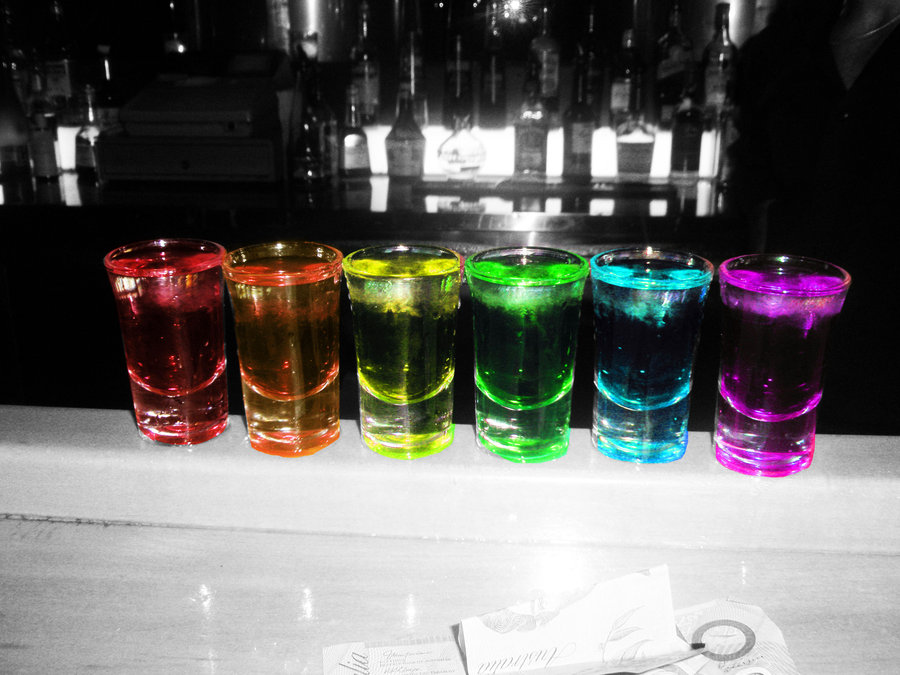The science behind your hangover
The Christmas party season is fast approaching, and many of us are looking forward to raising our glasses and getting merry on end-of-term nights out, Christmas balls, and work dos. As shameful as it sounds, drinking is an intrinsic part of our student culture and we regularly find ourselves embarrassingly intoxicated, dancing wildly in Smack, Evolve and the Copper Rooms.
Unfortunately though, this fun comes at a price, in the form of the dreaded hangover. Feeling sick, dehydrated and fatigued, with our heads pounding and hands shaking, the bravest of us soldier on and attempt morning lectures, whilst others choose to sleep until midday before staggering to the Bread Oven or McDonalds. So how does one too many sambuca shots cause each of these horrific symptoms?
Dehydration
Ever wondered why you need the loo so much when you’re drinking? It’s because one 250ml glass of wine causes the body to expel around 1000ml of water, which is four times as much liquid lost as gained. So whilst you might think that you are consuming far more liquid than you would normally, you are actually losing vast quantities of it, all because alcohol has inhibited a chemical called vasopressin, which controls how much water should be taken to add to your blood. As a result, the majority of water in your body is excreted in your urine. This dehydration has several impacts on the symptoms of a hangover. A dry mouth is a manifestation of the body’s message to replenish its water supply. Furthermore, pounding hangover headaches are caused by painful pulling on the membranes which connect the brain to the skull as water is taken from the brain to refill other water-deprived organs.
Shakiness & Sweating
Increased production of the stimulant glutamine may be responsible for nasty alcohol shakes the morning after, as it speeds up your heart-rate and neural transmission of motor impulses.
Furthermore, alcohol withdrawal may also be responsible. Even after one evening of drinking, the body adapts to increased alcohol consumption- and therefore will then suffer from withdrawal for the next 24 hours. Consequently, one experiences heart palpitations, shakiness and sweating, not dissimilar from the discomfort and adverse physical reactions a recovering drug addict would suffer.
Nausea
One of the worst parts of a hangover is ‘vomming’, which occurs due to the production of harmful toxins in our body. When alcohol is broken down by the liver, a toxin known as acetaldehyde is created. The more acetaldehyde in a person’s body, the greater the need to expel it, and therefore vomiting occurs. Also, alcohol promotes release of excess hydrochloric acid in the stomach, which eventually results in neurones signalling to the brain that the stomach’s contents are damaging the body and must be expelled through vomiting. As a result, we ‘vom’ or at least feel pretty sick for much of the next day.
Fatigue
After drinking alcohol, you might find that you fall asleep extremely quickly but then wake up annoyingly early and find it impossible to get back to sleep. This is because alcohol inhibits the secretion of glutamine, a natural stimulant which keeps you awake. However, after you have stopped drinking, the body compensates by overproducing glutamine, hence waking you up and preventing a decent night’s sleep. This disruption also causes fatigue the day after and a sense of illness.
Whilst we now know the causes behind our hangovers, what we really want to find out is how to cure them. Not drinking would be the obvious solution, but for many of us, this is an unrealistic aspiration. However, the effects of a hangover can be reduced by something else that we all love: food. Fat efficiently prevents alcohol absorption, so before you go out, eat a juicy burger and chips, have a glass of milk or even drink a teaspoon of olive oil (no joke, Mediterraneans do this!). Don’t have a minuscule tea to make sure you get drunk more quickly and save yourself for a takeaway at am…
To reduce the unpleasant effects of dehydration, drink lots of water during the day and try to have a glass in between alcoholic beverages. Before bed, down at least one pint of water (with salt and sugar in, if you can handle it) to replace the sodium and glycogen lost through drinking. The following morning, have a scrambled egg to mop up leftover toxins and a banana or kiwi fruit, which will restore potassium levels which have dropped due to alcohol’s diuretic effect. As much as you might crave a fry-up, fried or fatty foods may irritate your sensitive stomach further. Reach for the aspirin to relieve your headache and recite your familiar vow to ‘never drink again’ – that is, until POP on Wednesday…

Comments